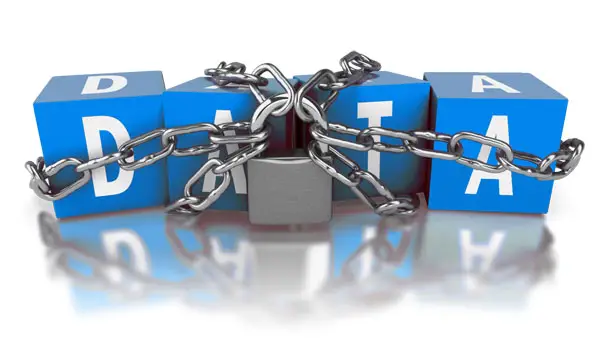 Caring for the safety of the data you’re storing is of paramount importance to the success of your organization, as well as your public image. After all, you want to be seen as someone people are inclined to entrust their personal data to, especially if you’re running an eCommerce type of business. Either way, you should treat your and your customers’ data like the valuable commodity it is – if it ever gets into the wrong hands, it could fetch good prices on the dark web, and your reputation would forever be stained should the hackers decide to use it for their selfish and ill-conceived needs.
Caring for the safety of the data you’re storing is of paramount importance to the success of your organization, as well as your public image. After all, you want to be seen as someone people are inclined to entrust their personal data to, especially if you’re running an eCommerce type of business. Either way, you should treat your and your customers’ data like the valuable commodity it is – if it ever gets into the wrong hands, it could fetch good prices on the dark web, and your reputation would forever be stained should the hackers decide to use it for their selfish and ill-conceived needs.
To avoid this grim scenario from ever becoming reality, here are 4 tips for safe data storage:
1. Make use of two-factor authentication
Making use of two-factor authentication protects you in the event of your password falling into the wrong hands or being caught in the public eye. Even if an unauthorized third party were to enter it into the system and try to get into one of your accounts, the attempt would effectively be rendered useless, since that person likely doesn’t have access to your phone. Instead, you’d be alerted of the login attempt and also receive a unique code attached to the message sent to the device, the kind of code only revealed to you, and not the would-be hacker. In essence, with two-factor authentication enabled, the hacker would also need to obtain your phone in order to access the account that’s protected by it.
2. Encrypt your files
Encrypting your files will effectively make them useless to the ones who have no business going through them. Without knowing the password, they won’t be able to read or access them, even if they manage to intercept them somehow. As you might have guessed, however, the strength of the password you use is what truly determines the strength of this additional layer of security. The longer, the better. Also, using numbers, uppercase characters and special symbols adds to its overall strength, making it even harder for the bad guys to pass through.
3. Pick a host that prioritizes file protection
Certain hosting solution providers like ATI Solutions are known to put a great deal of emphasis on ensuring that your files stay safe from all kinds of threats, including the physical ones (like fire or floods). That way, you’ll know that your hosted files won’t get destroyed or corrupted just like that, especially if the hosting provider also offers you the option of making automatic backups on a regular basis. This will also allow you to revert your files back to their previous state if malware somehow finds its way into the system.
4. Backup your files regularly
Speaking of backups, you should never rely on chance and try to make them yourself (and quite often at that). The key lies not only in the frequency of doing this; you should also strive to store the backups in different locations, with at least one of them being a physical location (a flash drive or other media for storing) and at least one being digital – like, for instance, a cloud storage solution. This will keep you safe from digital threats (such as hackers) as well as physical ones (such as intruders and natural disasters).
And there we have it – with the help of these 4 tips, you should significantly lower the chances of someone obtaining unauthorized access to your files or stealing them. But don’t sit on the knowledge you’ve obtained; make sure to apply it as well.
[Image via: Google Images]

I never really relied on clouds to store my data especially private ones. I still use a hard drive of mine that I keep really carefully to store all the files that I need. Two factor authentication is a must for online date security especially for banks and clouds. Great article!